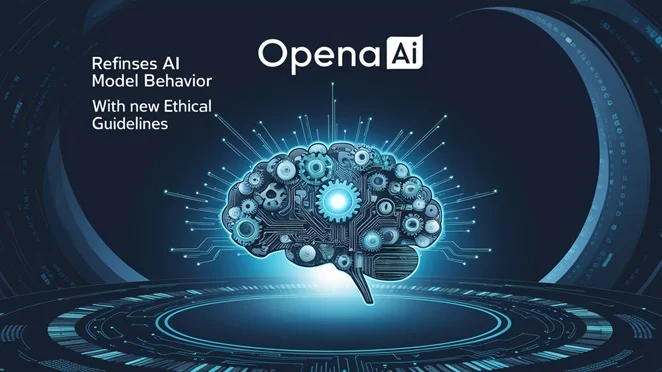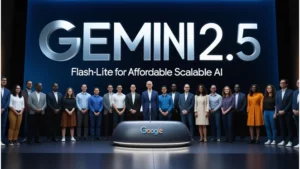OpenAI has introduced a major update to its Model Spec, a document guiding how its AI models behave. The revised version expands from around 10 pages to 63, addressing controversial topics, user customization, and transparency. It promotes intellectual freedom, allowing users to explore ideas without arbitrary restrictions. This update comes as OpenAI CEO Sam Altman announced the imminent launch of GPT-4.5 (codenamed Orion).
The new guidelines incorporate recent AI ethics debates, ensuring models handle sensitive topics with balanced reasoning. Notably, OpenAI aims to prevent AI sycophancy, where models agree too easily instead of offering critical feedback. AI responses should now remain factually consistent, avoid empty praise, and provide constructive criticism when needed.
One major change is how AI handles mature content. While harmful content remains banned, OpenAI is considering allowing certain adult discussions under strict guidelines. Additionally, the spec reinforces safety measures, ensuring AI does not encourage self-harm or reproduce copyrighted material—especially in light of The New York Times’ lawsuit against OpenAI for unauthorized use of its content.
Another shift focuses on controversial discussions. Instead of avoiding such topics, the AI is now encouraged to engage in thoughtful analysis. For example, economic policies like taxing the wealthy should be discussed with reasoning rather than dismissed.
OpenAI also introduced a clear hierarchy of rules. Company-level guidelines take priority, followed by developer instructions and user preferences. This approach aims to balance AI flexibility with necessary restrictions.
The updated Model Spec is being released under a Creative Commons Zero (CC0) license, allowing anyone to use or modify it. OpenAI invites public feedback on these changes, emphasizing its commitment to refining AI behavior based on user input. While the update doesn’t immediately alter ChatGPT’s responses, it marks a step toward making AI more responsible and adaptable.













